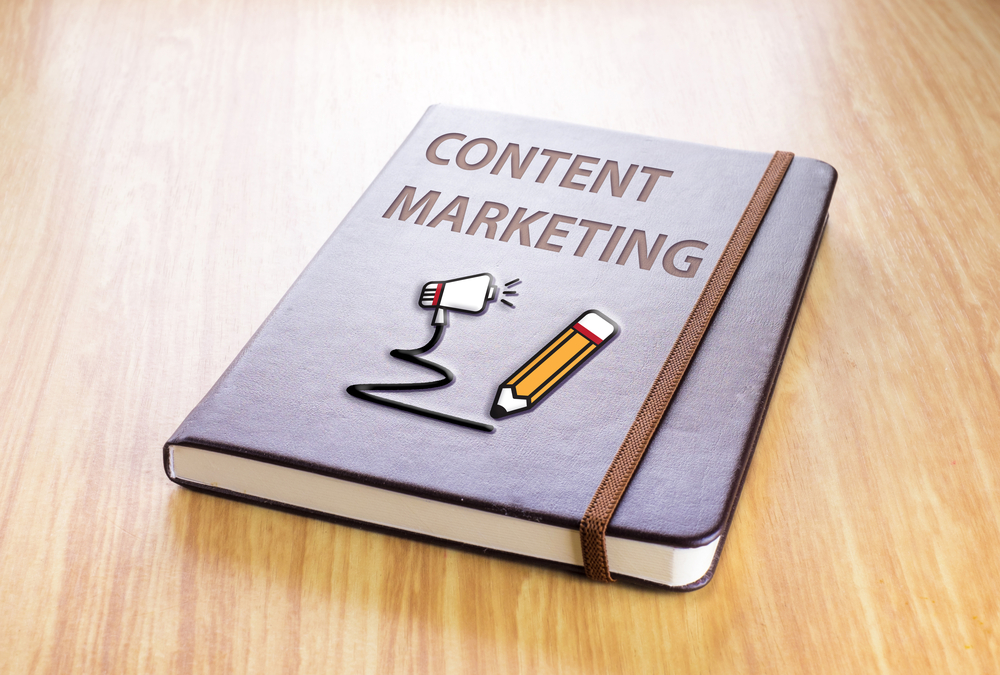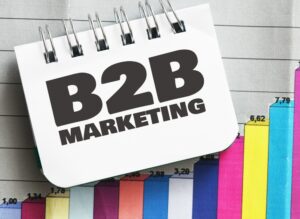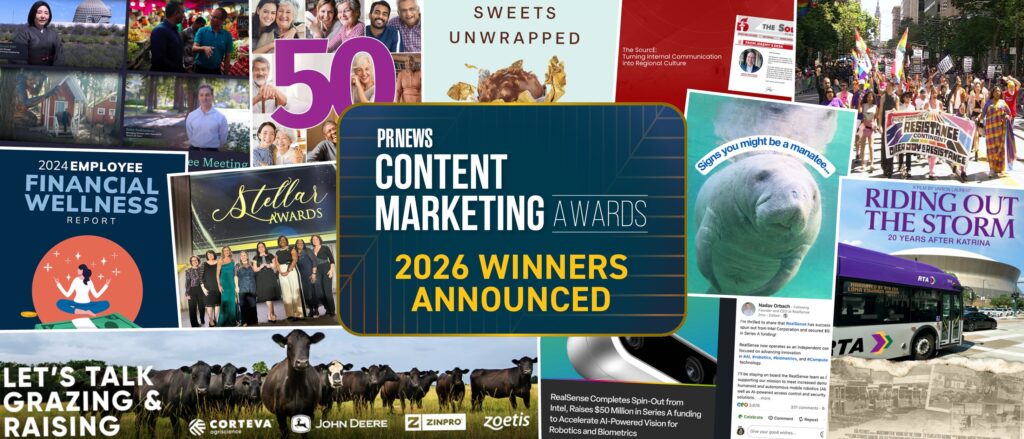B2B content production is skyrocketing, according to 10Fold Communications’ report “AI-First, Buyer-Ready: Inside the New Era of B2B Content Marketing, Part I.” Among the 400 senior marketing executives surveyed, 91% said they’re producing more content this year than in 2024—and not just a little more. While 25% are creating twice as much content as last year, 46% said they’re producing three to five times more.
Much of the reason for this increase, says 10Fold founder/CEO Susan Thomas, is companies’ need to be discoverable not only by traditional search engines but also by generative, or AI-driven, engines such as ChatGPT and Perplexity AI. “They’re spending investment money on GEO but still riding the SEO pony,” she says.
Then, too, businesses find themselves having to put out more content in more channels—from press releases and white papers to social media posts and videos—to avoid getting lost amid the rising tide of content from competitors. “For every campaign you need at least five good pieces of content, minimum, and that’s probably underselling it,” Thomas says.
Enterprise software companies are increasing their content output the most; in fact, 14% are producing ten times as much as they did last year. Cybersecurity marketers, on the other hand, are generating on average “only” twice as much content as last year.
Managing Demand With AI and Agencies
Given this massive boost in output, you might assume that budgets also grew accordingly. And it’s true that 89% of respondents reported increases in their content budgets. However, for 84% of those companies—or 75% of respondents overall—the budgets increased only 1%-10%. By and large, the executives credited AI with enabling them to create and disseminate so much more content without spending significantly more. Half of the respondents have proprietary AI tools built into their marketing stacks, and 74% use ChatGPT or other gen-AI platforms.
Two-thirds of the respondents worldwide, and 75% in the U.S., frequently or always use AI for content creation. In addition, 59% use the technology for content planning, the same percentage that apply it to optimization and targeting; 58% use AI for content-related analytics and business intelligence. When it comes to content programs, B2B organizations “are using AI for every step of the way: to become discoverable as well as targeting as well as content creation,” Thomas notes.
Agencies are another resource B2B companies rely on for content assistance. Nearly two-thirds (62%) turn to agencies for support with AI-enabled paid media, 49% for content creation, data development, and GEO, and 48% for content distribution. Overall, 41% employ an even mix of in-house and outsourced talent, the same percent that use mostly on staff with some outside support. Only 13% rely exclusively on in-house talent for their content programs.
Humans Still in the Loop
For the most part, respondents aren’t using AI to replace employees. Although 17% have cut staff, more than twice as many—37%—increased headcount. Among AI and fintech companies, the percentage expanding their staff was even higher: 63%. Businesses are realizing that AI-generated content needs human expertise to ensure high quality and a consistent, distinct brand voice. “Some people think they can just throw everything into ChatGPT,” Thomas says. “That’s an uneducated perspective. Those results are going to end up on the bottom of rankings.”
In fact, 39% of respondents cited maintaining voice and quality as a content challenge, second only to keeping up with trends (40%). Producing enough content (32%), scaling personalization (31%), proving ROI (29%), and budget constraints (28%) were other common concerns.







